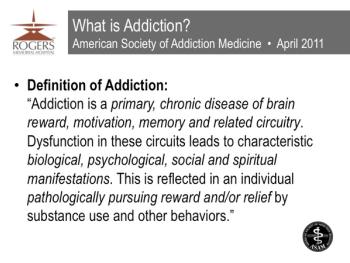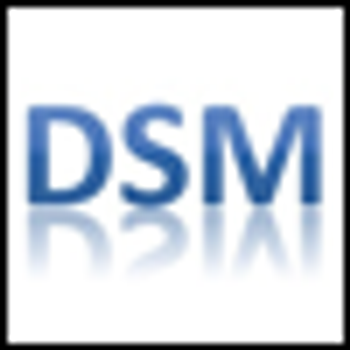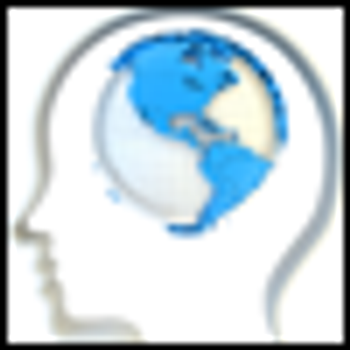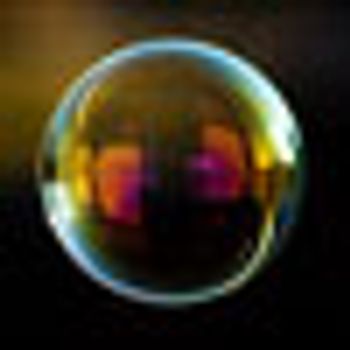
In this podcast, Dr Michael Miller, Director of the American Board of Addiction Medicine, discusses addiction medicine, including the new ASAM, patient placement criteria, and DSM-5 changes.

In this podcast, Dr Michael Miller, Director of the American Board of Addiction Medicine, discusses addiction medicine, including the new ASAM, patient placement criteria, and DSM-5 changes.

This psychiatrist's wish is that in one more generation, our profession will learn to go beyond DSM to the truths of science.

This blog address the multidisciplinary approach to mental health care.

Here are 12 tips on how best to ensure accurate and safe diagnosis, based on the introduction to Dr Allen Frances' recent book, The Essentials of Psychiatric Diagnosis.

The Diagnostic Manual of Mishegas (DMOM) is a delightful parody of the American Psychiatric Association’s “Bible of psychiatry,” the DSM-5. (Diagnostic and Statistical Manual of Mental Disorders).

Some believe that DSM-5 is filled with glaring mistakes in wording and coding on nearly every page-including some that will undoubtedly cause great confusion.

To understand the psychodynamics of the dissociative fugue, Dr Michael Sperber analyzes some of the characters in a collection of interrelated vignettes set in small town America.


"Psychiatric diagnosis is certainly imperfect -- but so is much of diagnosis throughout medicine. And whatever the current limitations, psychiatric diagnosis is useful and essential. There are no 'paradigm shifts possible til we learn a lot more. To imply otherwise is misleading and confusing to patients."

A panel of experts at the APA Annual Meeting discussed how changes in DSM-5 may affect clinical practice. Highlights here.

Education and discussion will be the most powerful ways to mitigate the risks of DSM-5. The more people know about psychiatric diagnosis, the more safe, accurate, and useful it will be.

The British Psychological Society has issued a press release that rivals the silliness of DSM-5 and the National Institute of Mental Health.

The flat out rejection of DSM-5 by National Institute of Mental Health is a sad moment for mental health--and an unsafe one for our patients. The APA and NIMH are both letting us down, failing to be safe custodians for the mental health needs of our country.

With DSM-5, one more examination of bipolar diagnosis is warranted. After all, if a diagnosis is inaccurate, treatment efforts, however well-intentioned, may misfire.

As most mental health professionals know by now, psychiatry's D-Day is rapidly approaching. DSM-5 addresses diagnostic categories, but there has never been an official treatment manual to complement the diagnostic one.

The intense level of international interest in DSM-5 is a great surprise. Although DSM has become a research standard around the world, it is rarely used by clinicians outside the US and therefore poses a much lesser threat to their patients. So why all the prominent media coverage in countries outside of the US?

I envision the day when psychiatry and psychology re-embrace the mind, along with the brain and behavior.

All psychiatry, anywhere in the world, is American psychiatry. This is both good and bad.

The liveliest debate in psychiatry today is where to draw the line between mental disorder and mental health. So much rides on the decision-who gets treated and how, who pays for it, whether a criminal is deemed mad or bad, whether someone gets damages in tort cases, who qualifies for disability payments and eligibility for extra school services, whether someone can adopt a child-and there's a whole lot more.

When critics of psychiatric diagnosis insist that terms like “schizophrenia” or “bipolar disorder” are inherently stigmatizing, they are unwittingly perpetuating the very prejudice they wish to end. It is time to shine a bright light on this self-fulfilling prophecy.

While the diagnostic categories of DSM-III and DSM-IV (and soon DSM-5) have provided the basis for much useful research, little has been written about how much of DSM-and how much “evidence-based medicine”-is built on a foundation of fantasy.

Overdiagnosis of bipolar disorder is an increasing concern, particularly since a widely cited study that indicates a problem with overdiagnosis as well as with the much less publicized parallel finding of 30% underdiagnosis.

It has moved PFAMC from the back of the book (where it is not a mental disorder) to front and center in the chapter on Somatic Symptom Disorders (where now it will be a mental disorder).

Diagnosing rape as mental disorder is an improper use of psychiatric diagnosis and promotes the abuse of psychiatric commitment to further what would otherwise be an unconstitutional form of preventive detention.

DSM-5 must emphasize that physical symptoms deserve the respect of a thorough work-up before assuming their cause is psychiatric. And people with defined medical illnesses should not be casually mislabeled as also mentally ill just because they are upset about being sick.